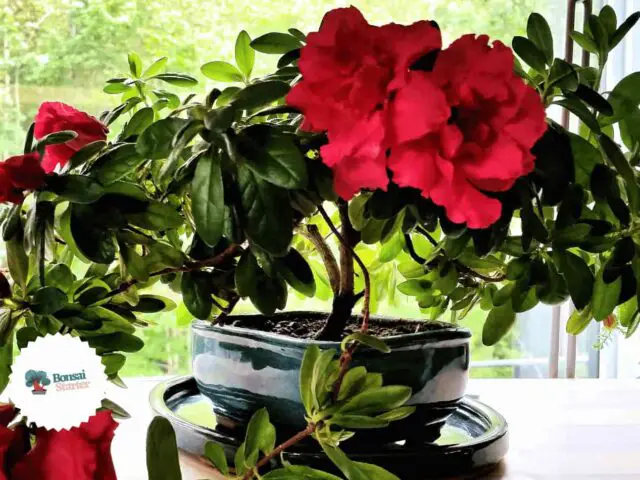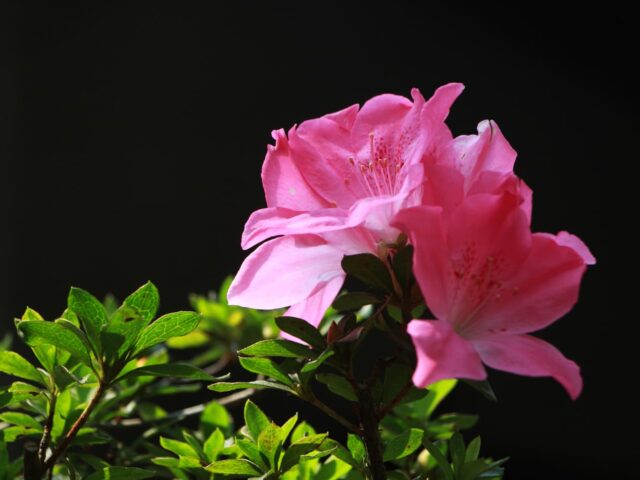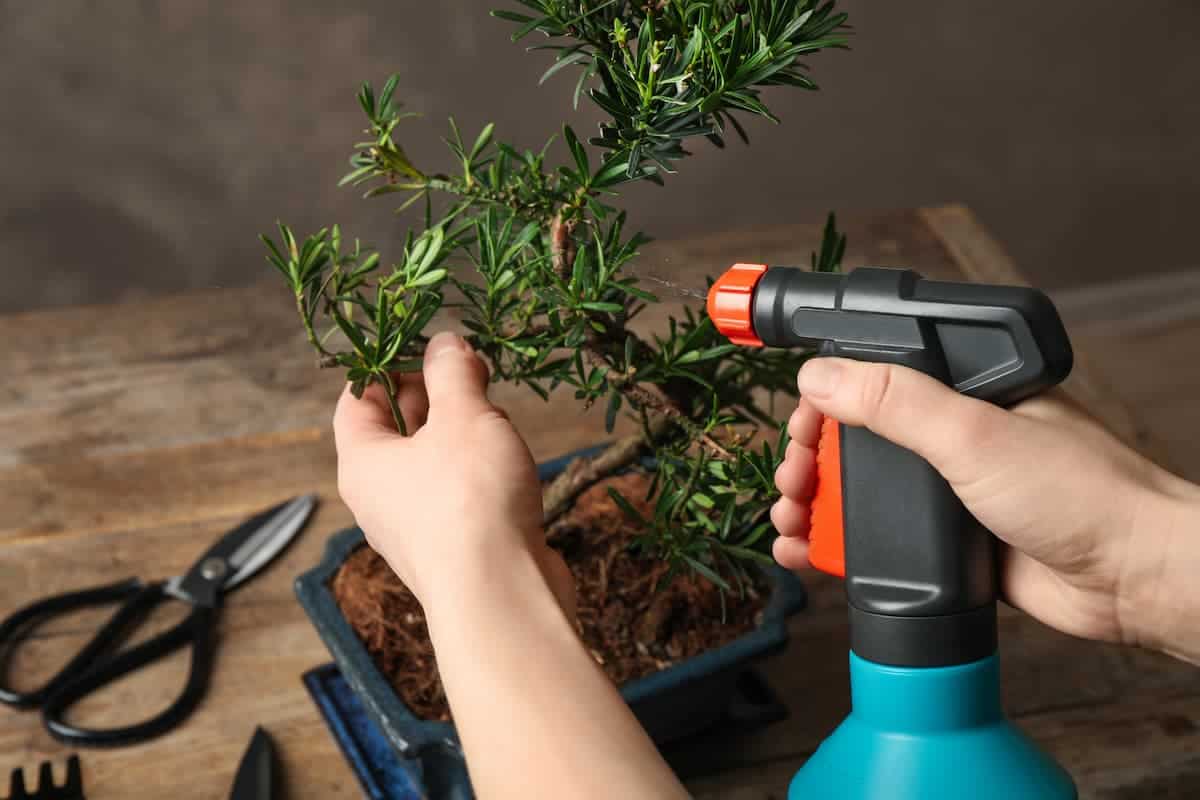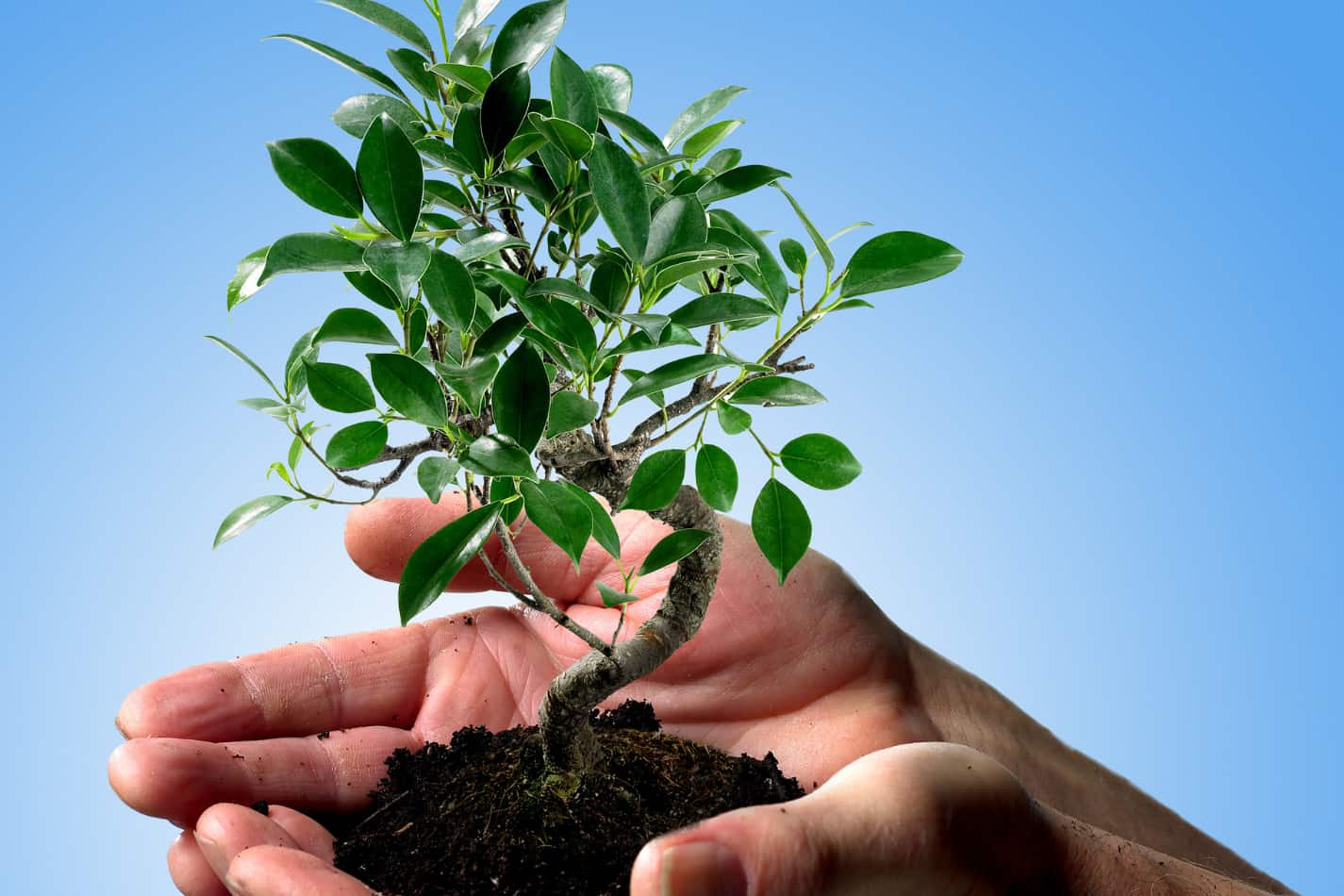If you have just purchased a bonsai, you’re probably wondering, “when do bonsai seeds sprout?”
Remember to plant your seeds in seed-starting soil, and don’t plant them in bonsai soil until they have a root system.
Otherwise, you may have poor germination. In addition, you must avoid fertilizing the soil, which will lead to a poor plant.
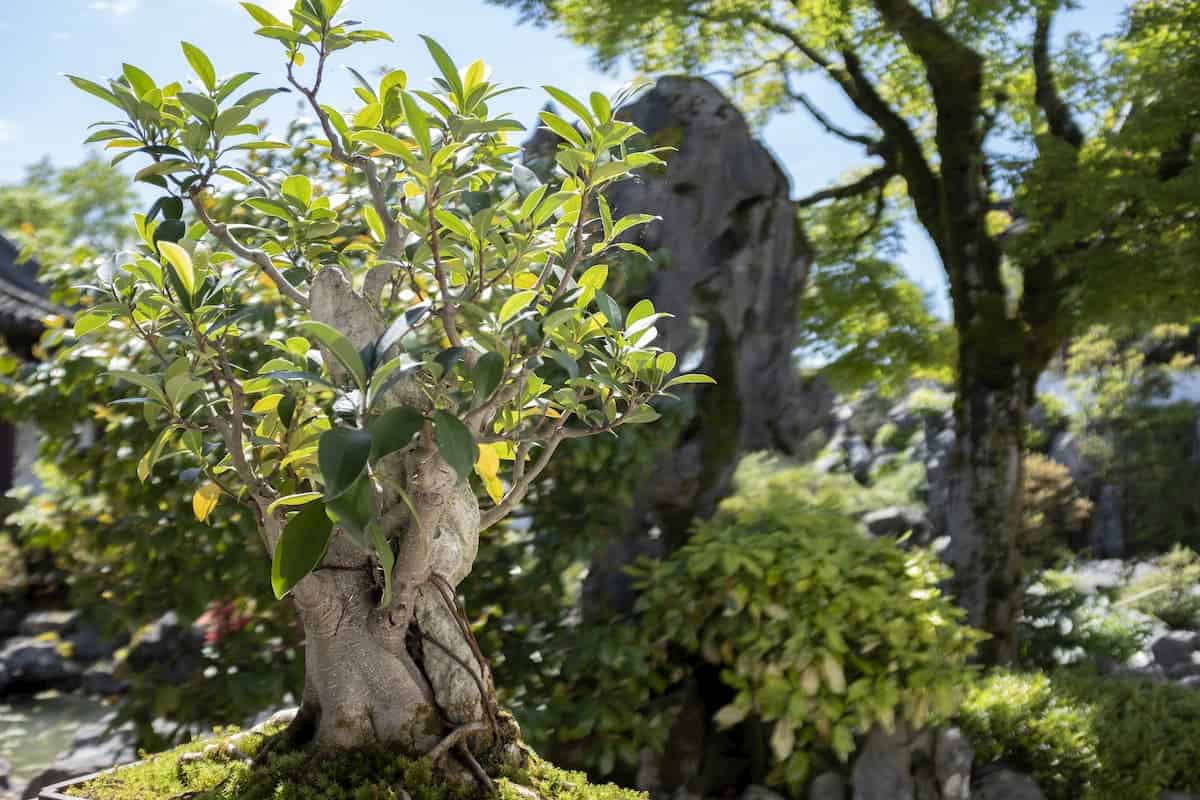
Winter
The first step in growing your own bonsai is getting the seeds to germinate. While this process is seemingly automatic in nature, it is not always so easy to do.
Thankfully, there are a few steps you can take to ensure that your seeds germinate successfully.
Here are some of the most important tips for starting your bonsai from seed. – Preserve a cool place to put the seeds.
If you want to avoid frost, move the seeds to a cold garage or make a cold frame. – Do not overwater your seedlings.
- Prepare a moist growth medium. A plastic bag is perfect for this process. If you don’t have any potting soil, use a moist potting medium, such as peat moss. Make sure the soil is moist, but not soggy. You can also place the bag of seeds in a refrigerator vegetable crisper. The seeds will sprout in the spring. – If your seeds are resistant to cold, scarification is an important step.
- Proper water temperature. Bonsai tree seeds need a cold temperature to germinate, but if the water is too hot, you’ll have to use warm water. For a cold climate, stratification is essential to the germination process. Stratification is the pretreatment of tree seeds to activate the conditions of winter. Cold stratification is used for species that require cold weather to germinate.
- Planting your bonsai seedlings. Bonsai seeds grow best in nutrient-rich soil. Make sure that you leave plenty of room around the pot for the sprouts to grow. For germination, seeds need to be sown between two centimeters. Remember to keep the soil moist, but not soggy. A moist soil is better than a dry one, because water will cause fungus and mold to grow.
Spring
When do bonsai seeds sprout in the spring? The answer is different for each type of tree.
Some species are prone to dormancy during the winter, and they require a period of cold stratification in order to germinate.
In this case, the seeds need to be placed in a plastic bag with moist potting soil. This bag should be kept in a refrigerator or a cool, dark place.
Depending on the climate in which you live, some seeds will sprout sooner than others. You will also need to choose the type of tree you wish to grow.
Some of the easier species to grow from seed are maple, black pine, larch, dwarf pomegranate, and magnolia.
Many other species of trees are available, depending on your taste. Regardless of the tree, you will need a container large enough to hold the seeds.
Although it is not necessary to plant bonsai seeds in the spring, you can stratify them to sprout in the autumn.
Autumn germination follows nature’s timetable and allows seedlings to grow in the summer.
This way, you will get fast germination and plant your bonsai in time for the summer. You can even stratify the seeds to coincide with the spring.
Although many types of bonsai seeds sprout in the spring, the exact time of planting is dependent on the species.
The species of trees that grow in warm regions are not hardy and may need to be moved to areas that are colder.
Some species, such as olives, can only tolerate cold temperatures and may need extra protection during the winter.
Therefore, if you’re not sure about the best time for planting your bonsai tree, you can start planning in the autumn.
Fall
Autumn is the best time to start growing your own bonsai. As the season for planting a tree is transitioning from summer to winter, the fall is the perfect time to plant seeds.
Bonsai seeds have an internal clock that lets them know when the right time to sprout will be.
Autumn is the best time to plant bonsai seeds, as they prefer the cooler temperatures, but need the warmth of spring and summer to germinate.
You can stratify your planting to coincide with these seasons, too.
After planting bonsai seeds, keep the soil moist but not completely wet. Don’t let the soil dry out, as this can cause the seeds to die.
Bonsai seeds that are planted outdoors will begin to sprout in early spring. Seedlings that are grown indoors need approximately four weeks to germinate.
Once seedlings begin to sprout, you can separate them and transplant them into a deeper pot for them.
If you plan to plant your bonsai seeds indoors, you can purchase pre-packaged seedlings from online stores.A
lthough this is an easy process, finding them is not. You can try to find them in stores or in retail outlets that sell ‘bonsai seed’.
In this case, you’ll have to invest some time and effort. However, it’s worth the effort to get started early.
Once you have purchased your seeds, it’s time to prepare the soil. Use a nutrient-rich potting mix to start your bonsai seeds.
Remember to avoid compacting the soil too much or you’ll be dealing with a lot of problems. If you don’t have the proper soil, you can use potting compost instead.
It’s also better to use a coarse substrate for your seeds, so they don’t rot.
Summer
It is possible to start your own bonsai tree from seed, but this can take more time and motivation than other ways of growing the trees.
Sowing seeds in autumn is a good option for growing bonsai indoors because it follows nature’s timetable and allows seedlings to grow during the warm summer months.
Also, autumn germination allows the plants to quickly reach maturity and bloom.
The easiest seeds to germinate are those that are native to your region. In general, most species of trees have favorable climate conditions.
The best time to plant bonsai seeds is in the autumn when the temperatures are warmer and the soil has become slightly moist.
After two weeks, you can then separate the seedlings to enjoy the spring and summer months.
However, it is not necessary to stratify the seeds before sowing them.
The best time for seedlings to germinate is in the summer. The best time to grow trees outdoors is during the summer months.
Seedlings need a constant source of moisture and warmth to survive. Place the seedling tray somewhere warm and preferably out of direct sunlight.
Then gradually expose the seedlings to the sun, either morning or evening. Initially, they need to be protected from too much sunlight, but as they grow, you can gradually increase the amount of sunlight they receive.
It is essential to soak bonsai seeds in water before attempting to sprout them.
The water temperature will be important to the growth of the seeds, so make sure you are using water that is warm or room temperature.
Also, only use seeds that are underwater – floated seeds will be wasted. Stratification is an important aspect of bonsai seed germination and will require you to wait for a minimum of 24 hours.
Autumn
You’ve probably heard the term “autumn is when bonsai seeds sprout” – but what does this mean? It means that autumn is the time to look for wild seeds.
However, there are some important things to keep in mind before searching for a seed.
Firstly, it’s important to identify the species of tree you want to grow. Some trees like chestnuts and acorns are easy to spot. If you want to grow conifers, you should keep them in a warm place.
Alternatively, you can purchase bonsai seedlings or buy them from a bonsai shop. You can either purchase them from a local nursery or buy them online.
However, it is best to buy bonsai seeds in Autumn, as they are most likely to germinate easily.
This time of year is also ideal for planting seeds, as it aligns with nature’s timetable and allows the young seedlings to grow to their full potential.
Unlike tree seeds, bonsai seeds have a better chance of sprouting if the soil is warm during winter.
Unlike tree seeds that do not germinate in our atmosphere, bonsai seeds stay dormant for several months and germinate in spring.
During this time, bonsai seeds can be stored in a pot or container with moist growth media. Then, in early spring, you can plant the seeds.
After soaking the seeds in water for a couple of days, scarification is the next step. This process is necessary for the bonsai seeds to germinate, and scarification is necessary to ensure the seeds germinate.
Then, you must prepare a moist mixture and place the seeds in a resealable plastic bag for 24 to 48 hours. In the meantime, you should prepare a pot with peat and keep the water moist.


